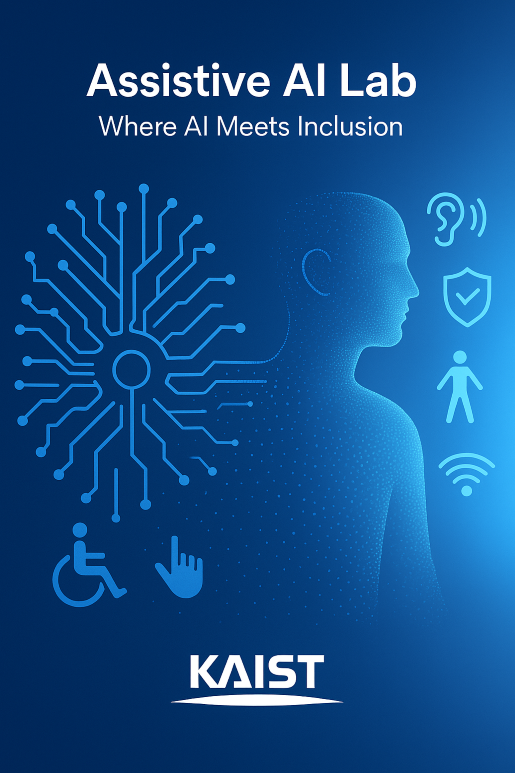-
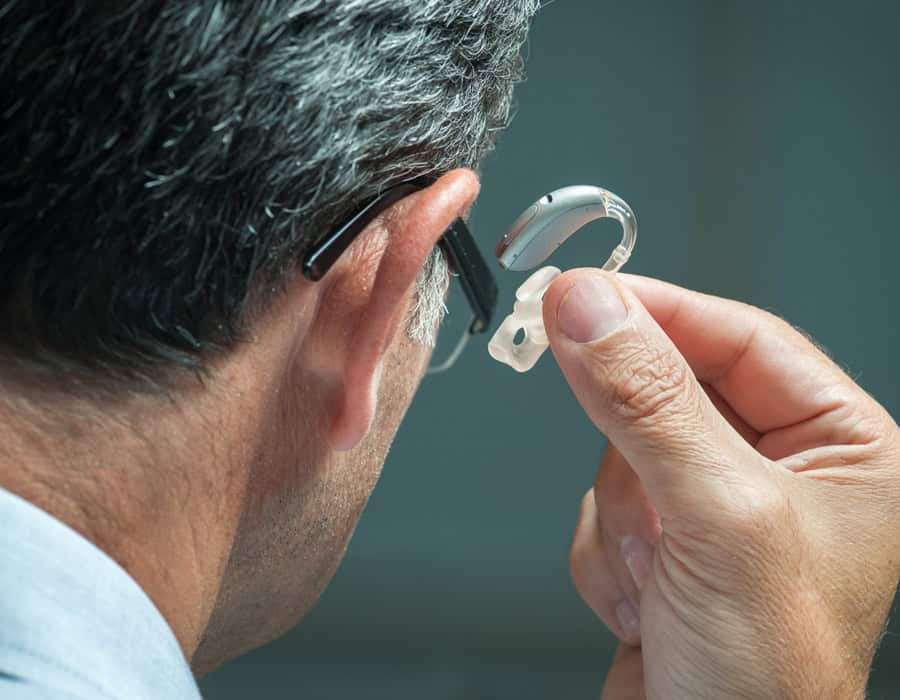
AT professionals can use new data tool for better decision-making and improving access to assistive tech
•
WHO/Europe has introduced a new data dashboard on the European Health Information Gateway, providing streamlined access to information and evidence related to assistive technology (AT) policies and services. The tool enables users to explore country-specific data and emerging trends, supporting stakeholders in gaining a clearer understanding of the AT landscape across Europe and fostering…
-
루트파인더즈, 시각장애인 위한 혁신기술로 스타트업 투자경진대회 ‘제10회 공명전’ 최종 우승 – 이넷뉴스
•
루트파인더즈, 시각장애인 위한 혁신기술로 스타트업 투자경진대회 ‘제10회 공명전’ 최종 우승 이넷뉴스
-
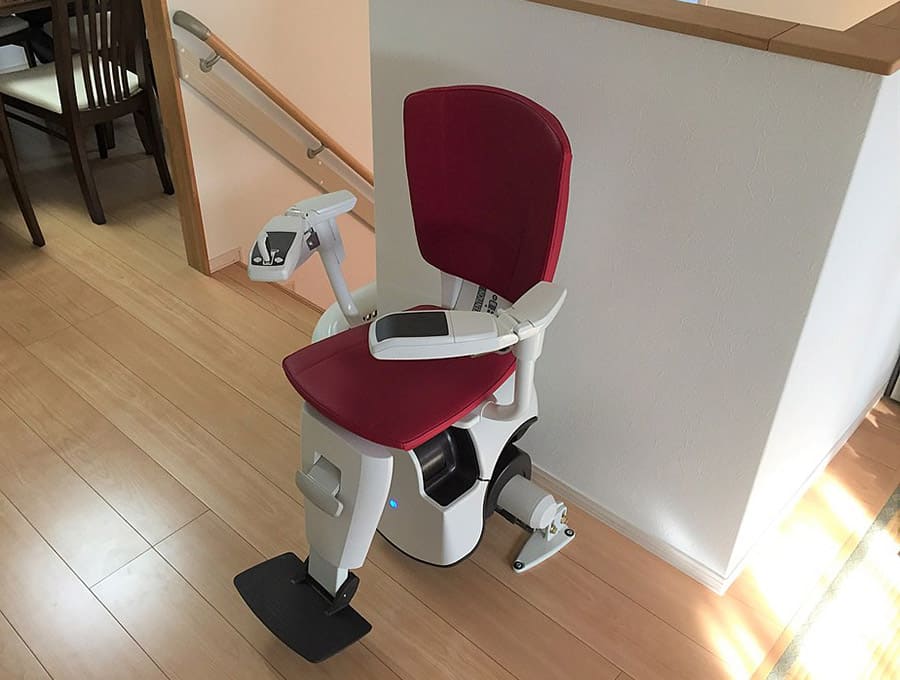
Councils can now offer in-house Trusted DFG Assessor Training to equip staff with skills to recommend effective adaptations
•
Foundations and The Occupational Therapy Service are now offering in-house Trusted DFG Assessor Training for local authorities, home improvement agencies, and housing associations. This builds on Foundations’ open course dates for Trusted DFG Assessor Training, after which the organisation received lots of enquiries to deliver the training in-house for a large cohort of learners.…
-
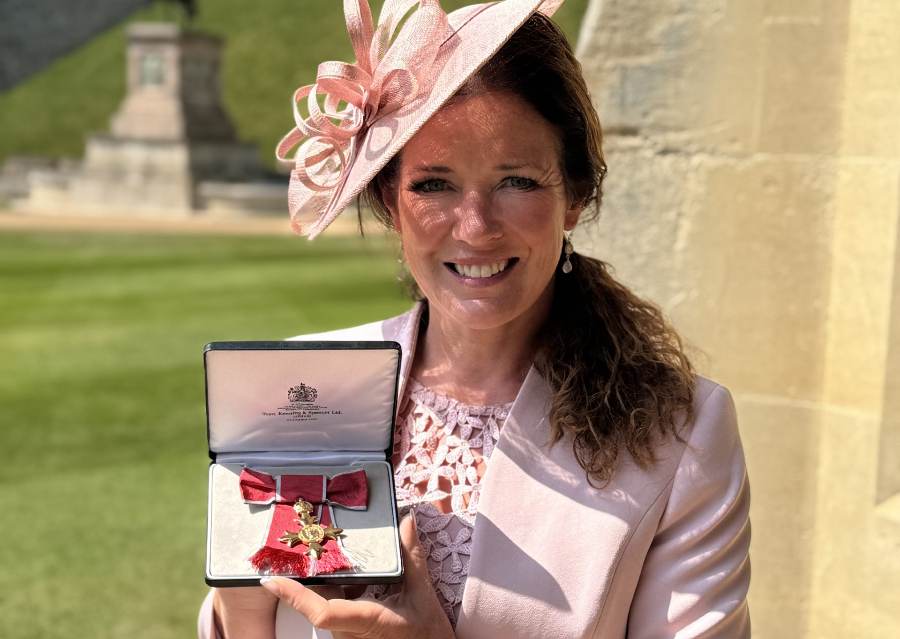
Social care leader awarded OBE for contribution to social care in the voluntary and statutory sectors
•
The Social Care Institute for Excellence (SCIE) has announced that its Chief Executive, Kathryn Smith, received her Officer of the Order of the British Empire (OBE) medal at a prestigious investiture ceremony held at Windsor Castle on 13 May 2025. Kathryn was awarded the honour for Services to Social Care in His Majesty The…
-

AI Is Accelerating Brands – And Accessibility Lawsuits
•
The rapid adoption of artificial intelligence (AI) in business operations has transformed how brands create content, design digital experiences, and interact with customers. Companies now use AI tools to build websites, generate marketing copy, edit videos, automate customer support, and streamline countless other processes that once required intensive human labor.
-
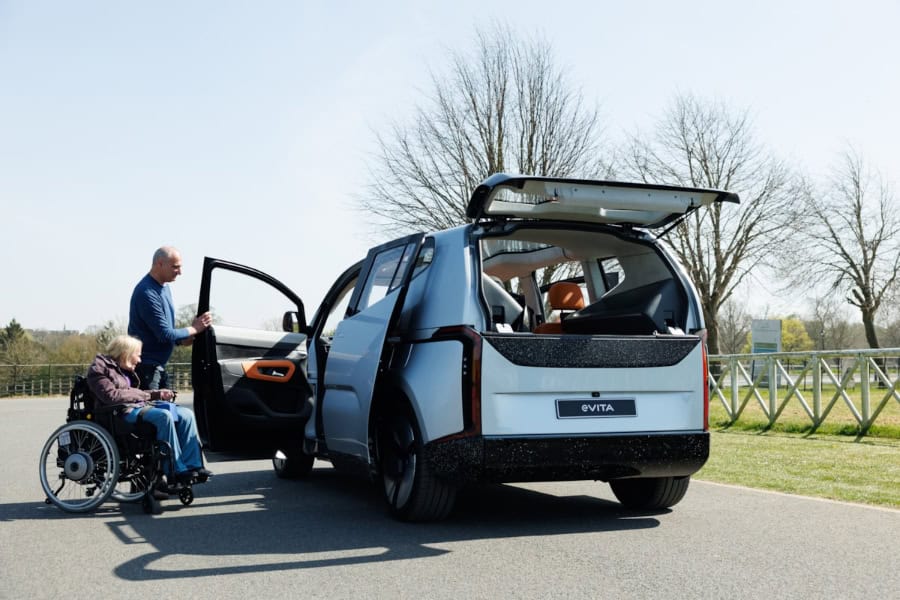
Call to ensure wheelchair users are not left behind by the transition to electric vehicles
•
Motability Operations has unveiled a pioneering passenger wheelchair-accessible electric demonstrator car to encourage car manufacturers to seize an opportunity to ensure that the transition to electric vehicles does not leave behind wheelchair users. The car, named eVITA, was designed and assembled in Britain in collaboration with design studio CALLUM, using unique insights from disabled…
Welcome to Assistive AI Lab Where AI Meets Inclusion
At Assistive AI Lab, we are dedicated to developing cutting-edge artificial intelligence technologies to enhance accessibility and empower individuals with diverse needs. Our interdisciplinary team passionately pursues innovative research and practical solutions, bridging the gap between advanced AI techniques and inclusive, real-world applications.
Our mission is to ensure that artificial intelligence benefits everyone, particularly those traditionally underserved by technology. By focusing on accessibility, usability, and human-centered design, our lab creates transformative tools and systems that facilitate greater independence, inclusion, and quality of life.
We specialize in:
- Assistive Technology Development: Creating intelligent solutions that improve daily living, communication, and mobility.
- Inclusive AI Systems: Ensuring AI applications are designed to be universally accessible and beneficial.
- Human-Centered Innovation: Collaborating closely with users and communities to develop meaningful, impactful technologies.
Join us in shaping a future where artificial intelligence genuinely meets the needs of all individuals, fostering a society that is truly inclusive and accessible.
